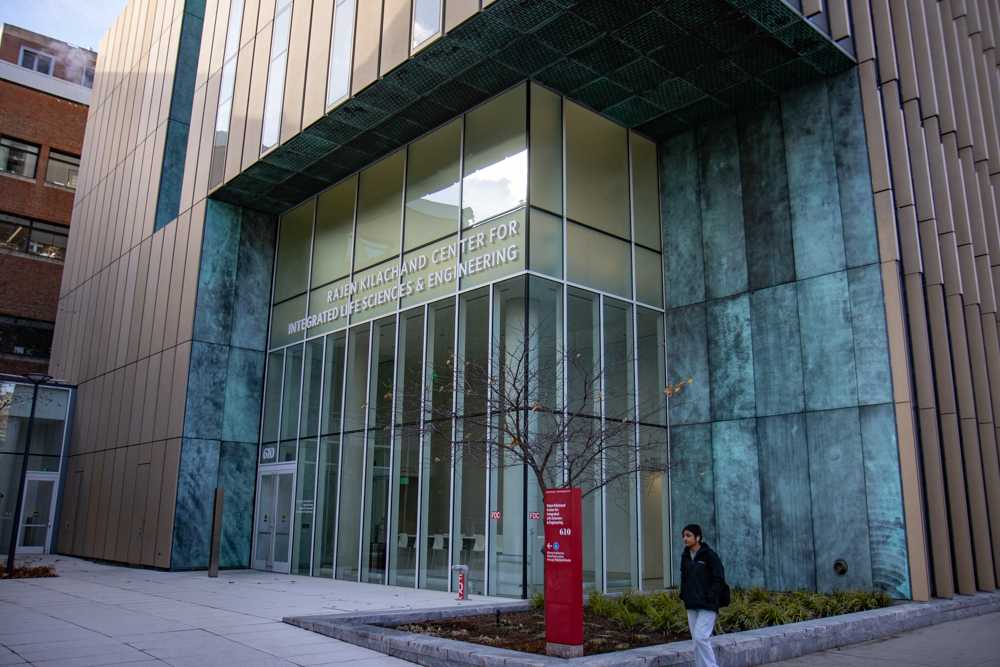NASA’s Phoenix Mars Lander is the first robotic spacecraft to successfully land on the polar regions of Mars. Scientists announced on Sept. 29 that the Lander had detected snow falling from Martian clouds, and scientists announced on Sept. 30 that the Lander had found the first evidence for liquid water in recent times.
Boston University astronomy professors John Clarke and James Jackson and BU graduate student Carol Carveth comment on the Lander findings.
Sci & Tech: What are the implications of the machine finding water?
John Clarke: Water is important because we think when Mars was young it started out more like Earth. It became bitterly cold and lost most of its atmosphere, and if we understand Mars and Earth, we’ll understand why Earth is right for life and why Mars is so different.
James Jackson: The Phoenix finding of water and snow might suggest that there was life on Mars or that there’s still life on Mars. Although no microbial life-forms have been found, the mission needs to be taken in baby steps. Water is an important part of the atmosphere cycle of mars, and life could have gotten a start there.
Sci & Tech: What information can other planets’ atmospheres relay about our own atmosphere?
John Clark: Why is Venus 800 degrees? You could say it’s closer to the Sun, but it’s covered with clouds and reflects most of the sunlight away. The answer is that it has a very thick atmosphere made of almost all carbon dioxide. It’s an extreme greenhouse effect, and it’s not going to happen on Earth to the same extent.
Sci & Tech: Will astronauts ever travel to Mars? Will people ever live there?
James Jackson: The only reason that people have not yet landed on Mars is because of money. When you send robots to Mars you don’t have to send air and food and water because they don’t require those things. The technology is there. There’s nothing in principle that stops us except finding resources.
John Clarke: It would be very expensive to move people from here to Mars. Another issue is that the way Mars is today we could not survive without space suits or habitats, and that would also make it expensive and impractical to go there and leave the Earth for good.
That’s why water is so important. If there is no water and only dry rock, it would be very difficult for human beings to live there. If we could warm things up enough so water comes out and forms a thicker atmosphere, it might be possible to make Mars more like the Earth.
Sci& Tech: How long will the Phoenix Lander stay on Mars?
Carol Carveth: The Phoenix Lander’s stay on Mars is almost over. As we’re going into November that portion of Mars is also going into winter. The Phoenix is powered by solar panels, and going into winter it won’t have the power available to use its arm much longer. It costs a lot of money to build a machine like that and keep it up.
Categories:
Life on Mars
By Daily Free Press Admin
•
October 7, 2008
0
More to Discover
























































































































